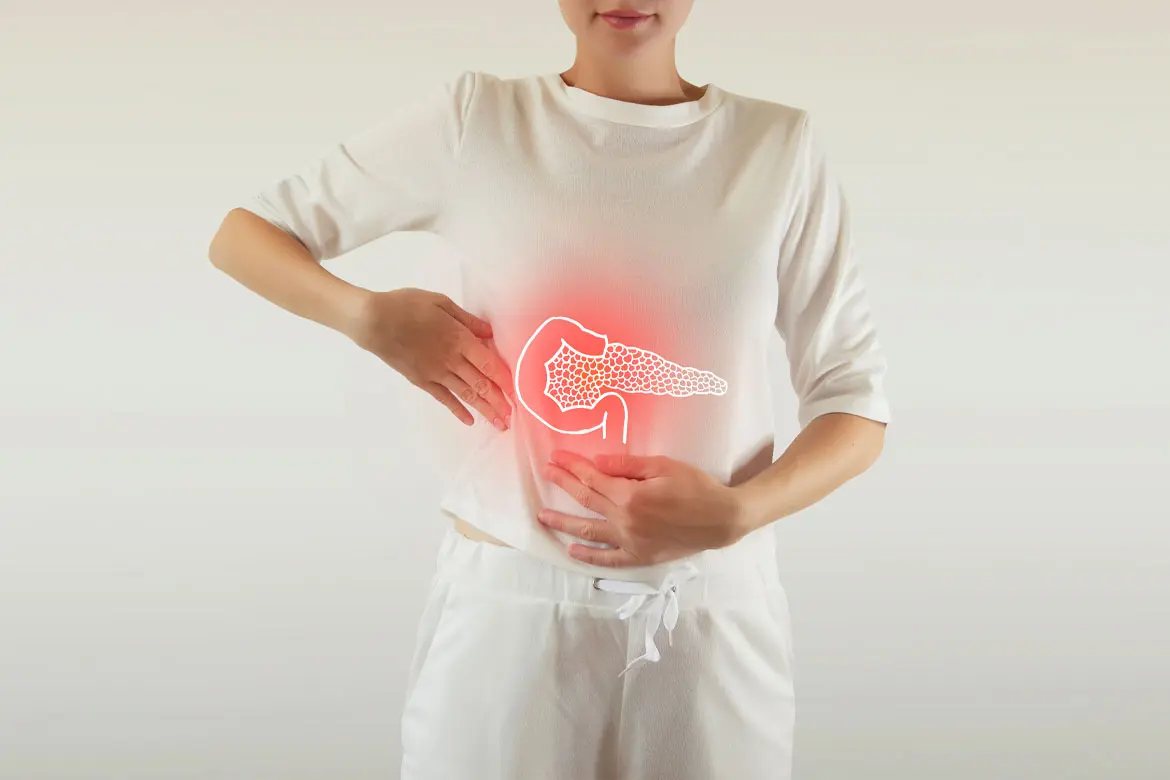Are you unhappy about drinking excessively? Unfortunately, the negative effects of alcohol on the body can go beyond just a hangover. Alcohol consumption has been linked with serious organ damage and a variety of ailments. One particular organ takes the brunt of regular drinking: the pancreas. Our pancreases are responsible of producing hormones, enzymes, and insulin, which convert sugar into energy. If we consume alcohol, it puts our pancreases under strain and increases the risk of developing serious health issues.
Alcohol is a widely consumed substance in our culture, with many people enjoying one or two drinks after work or on the weekends. Although moderate consumption of alcohol may not be harmful for the majority of individuals, excessive drinking may cause serious health issues and even damage to the pancreas.
The pancreas is an important organ in digestion as well as metabolism, is a vital part of the body. The pancreas is a source of enzymes that assist in the breakdown of food particles in the small intestines and hormones that regulate blood sugar. The pancreas is healthy and performs its job effectively to ensure the body’s normal functioning. If alcohol consumption is excessive is a risk to damage the pancreas, causing numerous health problems.
One of the most serious illnesses that is associated with drinking alcohol and the pancreas is called pancreatitis. This is a serious and painful pancreatic inflammation, which can trigger severe abdominal pain and nausea. Chronic pancreatitis, a chronic pancreatic inflammation resulting from drinking alcohol in excess – can be the cause of this condition. This condition can cause permanent damage to the pancreas, leading to problems with digestion and nutrient absorption.
Drinking alcohol can increase the chance of developing pancreatic cancer, which is a very serious and often fatal form of cancer that is a concern for the pancreas. Studies have revealed that heavy alcohol consumption is a major risk in pancreatic cancer with those who consume more than three drinks a day having a significantly higher chance of developing the cancer.
What’s the impact of alcohol on your pancreas in the end? If you drink alcohol it is metabolized the liver. Alcohol is metabolized by the liver when it’s overloaded. However, if the liver becomes overwhelmed with alcohol, it may end up being transformed in the pancreas. This could lead to inflammation and damage to the pancreas, and also the development of scar tissue. With time, this can result in chronic pancreatitis, and an increased probability of developing pancreatic cancer.
The majority of people who drink a lot develops pancreatitis, or pancreatic carcinoma. Regularly drinking large amounts of alcohol increases the chance for these serious health problems. The good news is that cutting down on the amount of alcohol you consume can help prevent the damage to your pancreas and lower the chance of developing serious health problems.
You can safeguard your health by taking multiple steps if you’re concerned about alcohol’s effects on the pancreas. It’s crucial to keep your drinking in a controlled manner. For women, this means one drink per week and for men, two drinks. If you’ve had an underlying pancreatitis issue or other pancreatic diseases then it might be better to steer clear of alcohol completely.
You can also protect your pancreas through an active lifestyle, working out regularly, and not smoking. Every aspect of your lifestyle affect pancreatic health. Making positive changes will lower your risk of.
Over-consumption of alcohol can lead to serious pancreatic problems including pancreatitis. If you’re worried about the negative effects of alcohol on your pancreas, it’s important to limit your alcohol consumption to moderate levels and take steps to live your lifestyle in a healthy way. If you do this, you can help protect your pancreas and decrease your likelihood of developing health issues.
For more information, click alcohol effects on pancreas
